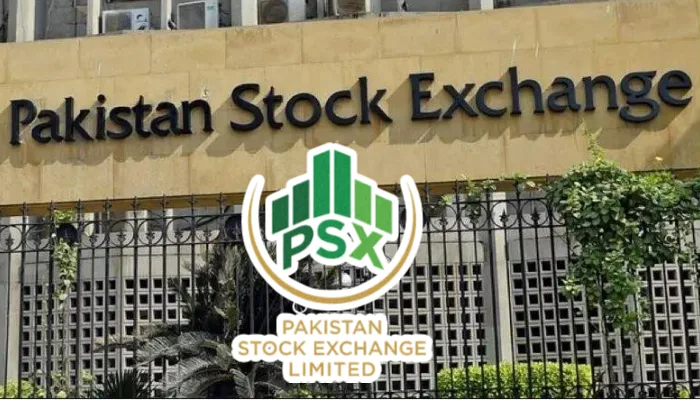12 May , 2025 By : Debdeep Gupta

Pakistan's benchmark equity index KSE 30 jumped 9 percent on May 12 following the reimposition of a ceasefire between India and Pakistan. India and Pakistan reached a truce over the weekend after intense firing of missiles and drones at each other's military installations.
The benchmark KSE-100 index surged to 117,104.11 points after a surge of 9,928 points during intra-day trade. Amid the massive rally, trading was halted for one hour.
Amid the heightened border tensions between both the neighbouring countries, Pakistan was granted a bail-out package of $2.3 billion by the International Monetary Fund (IMF) in Washington on May 9, to which India abstained from voting for.
Meanwhile, the Nifty 50 and the BSE Sensex gained more than 2.5?ch to 24,700.05 and 81,689.46, respectively, as of 10:15 a.m. IST, on track to recover the 1.5% they lost since India’s strikes on Pakistan on Wednesday.
The broader small- and mid-caps rallied 3.5% and 3.1%, respectively.
he volatility index, nicknamed the "fear gauge", was set to snap an eight-day rising streak, offering some relief to investors as a fragile ceasefire seemed to be holding after initial violations.
On May 8, Pakistan briefly paused trading at its stock market after index KSE-30 plunged 7.2 percent. Last year, Pakistan’s stock market delivered its highest return in 22 years, drawing renewed interest from global investors. The KSE-30 index has had a strong last one year, rising higher by over 33 percent.
The market capitalisation of Karachi Stock Exchange at present, stands to be $20.36 billion, as per data from Bloomberg. Further, while there are more than 5,000 listed companies in India, just a little over 500 firms are listed in Pakistan. The Indian stock market features among the top give globally in terms of market capitalisation at a valuation of $5 trillion.
0 Comment